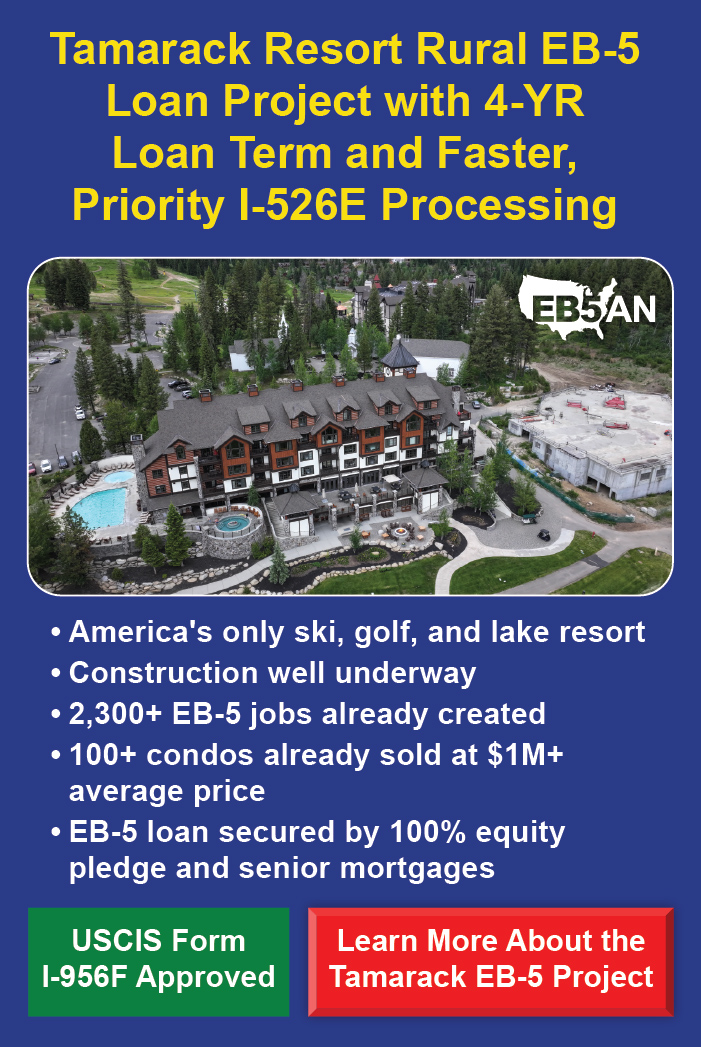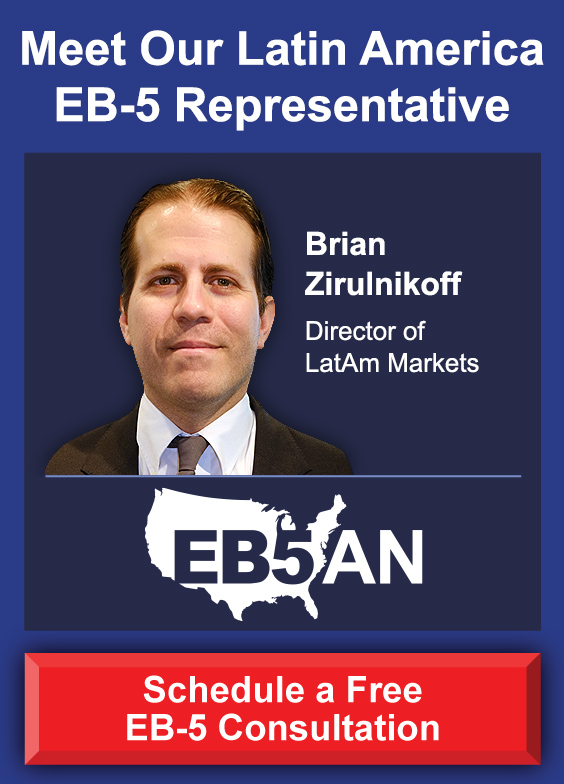United States Citizenship and Immigration Services (USCIS) allows EB-5 investors to use virtually any form of collateral to secure their loaned EB-5 capital—the important thing is for the loan to be secured by an investor’s personal assets. Therefore, the EB-5 project or any assets owned by its new commercial enterprise (NCE) cannot be used as collateral. Acceptable kinds of personal assets to be used as collateral include property holdings, real estate, cash, equipment, and many others.
Foreign nationals planning to make an EB-5 investment with loaned capital should note that they will have to prove that the funds were sourced lawfully when compiling Form I-526, Immigrant Petition by Alien Investor. Due to USCIS’s high evidentiary standards regarding the lawful source of EB-5 investment capital, investors typically need to include copious evidence regarding their loans and the personal assets used to secure them.
For example, suppose that an EB-5 investor owns a 30% share in a hotel. The investor’s share is worth more than $1,800,000. The investor decides to take out a $1,800,000 bank loan, using their share in the hotel as collateral. Then, the investor uses the loaned funds to make an EB-5 investment in a qualifying project. When compiling Form I-526 with their immigration attorney, the EB-5 investor must show that they indeed own a share of the hotel. The necessary evidence may include the hotel’s website (which shows that it is operational), a valuation letter for the hotel, and relevant certificates of title.
This EB-5 investor does not only need to prove that they own the collateral; they must also show that they came to obtain the share in the hotel lawfully. In this case, the investor inherited the share from their father, who was the hotel’s original owner, so Form I-526 must include the father’s will and death certificate.











